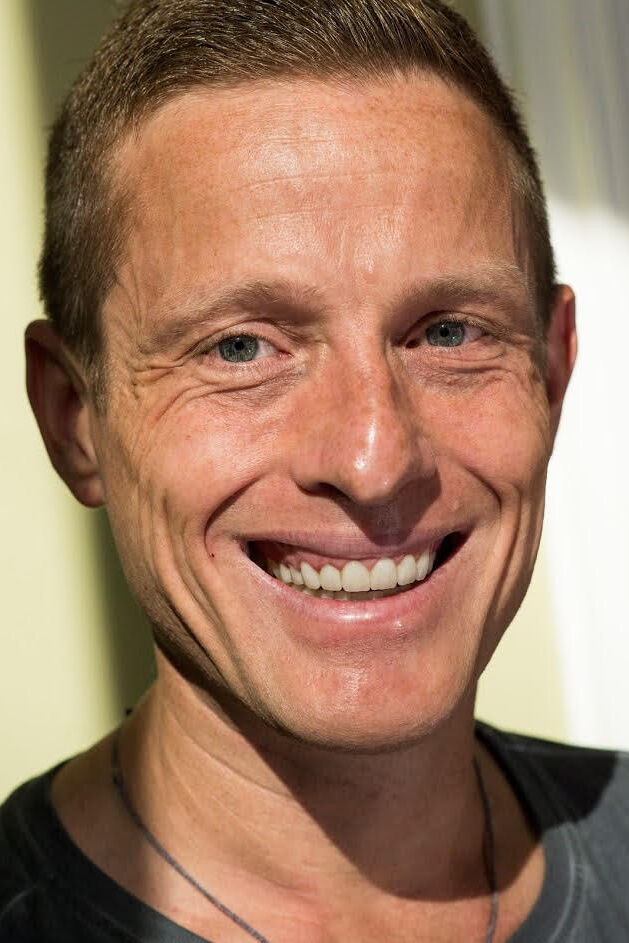- Fellow Highlights
Mike Graglia on Founding the SynGAP Research Fund
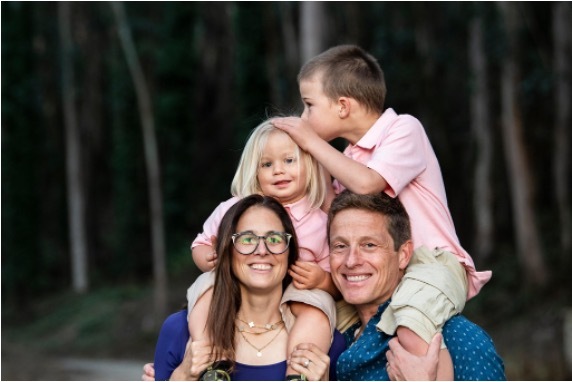
Mike Graglia and his wife, Ashley Evans, founded the SynGAP Research Fund, 501c3, to accelerate the science around SYNGAP1 in order to make sure there is a therapy developed in a time frame that matters for their son, and children like him.
June was SynGAP Awareness Month, and 2001 Paul & Daisy Soros Fellow Mike Graglia was busy with work, sharing inspirational updates through his weekly 10-minute podcast listened to by medical researchers, MDs, and family members of individuals with SynGap1, a rare genetic disease that impairs the intellectual functioning of those diagnosed to varying degrees of severity.
As managing director of the SynGAP Research Fund (SRF), Mike’s mission is unequivocally personal: his son is a Syngapian (a term used by families), and Mike and his wife Ashley founded the nonprofit in 2018 to financially support research efforts related to the disease, promote awareness about its existence, and provide community for families just like their own.
Michael Graglia’s son Tony was diagnosed with SYNGAP1 in 2018, he was 4. There are over 650 cases of Syngap globally.
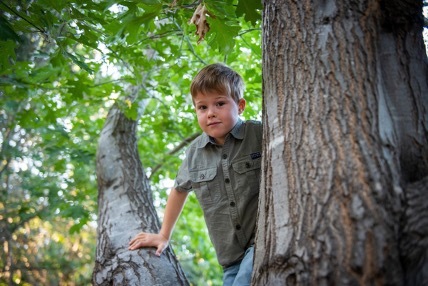
When admiring the objectives and successes of SRF—to date, they have awarded over 14 research grants to medical institutions throughout the United States— it’s important to consider that examining SynGAP-1 is relatively new in the arena of medical research. The first patient was identified in 2009, and because of the diversity of symptoms ranging from mild to severe in several categories, efforts to find a cure and develop precision therapy medication are still just getting off the ground.
“We have to build a lighthouse. It’s lonely in the lighthouse but we have to stay there and keep the lights on,” Mike shares over a phone call. In addition to being wonderfully poetic, the metaphor is spot on: the study of SynGAP-1 requires that varying stakeholders are all moving in the direction of clinical trial readiness so that current and future SynGAP-1 research can help children just like Mike’s son. In this way, Mike’s promotional efforts and SRF’s grants to support SynGap-1 at hospitals and medical centers nationwide work in tandem with one another; the strategic goal is to amplify the medical conversation to improve the health and wellbeing of Syngapians across the globe.
However, Mike is also aware that the needs of Syngapians and their families can’t only be met in laboratories. Without mincing words, he mentions how parents of Syngapians often feel isolated while trying to gather information about their child’s disease, particularly because symptoms present differently in each patient. Furthermore, Mike notes that parents of Syngapians can sometimes feel isolated due to ableism, wherein it’s not uncommon for friends and even extended family members to pull away from a nuclear family that includes a disabled individual.
To fill these voids, Mike and his colleagues are constantly working to cultivate SRF as a platform to build community among SynGap families. The foundation of this community is digital, with Zoom calls and Facebook groups, to account for the fact that many families with Syngapians can find it difficult to travel long distances. Still, Mike is keen to identify Syngap families who live near one another, so that they can begin to form bonds in-person.
While growing up, Mike faced hard times as the son of European immigrants; at times, his family had trouble finding their bearings in America. He went on to develop a robust professional life, working at the Gates Foundation and the Boston Consulting Group among other places where his skills for problem solving evolved in due course.
Mike’s current journey is an embodiment of the immigrant experience, complete with many unknowns that are altogether mitigated by what he refers to as the “grit” shared by other Paul & Daisy Soros Fellows. For him, receiving the Fellowship “validated that core muscle” which he uses to reach for success to help members of his international community. “I don’t stop,” he says mid-call. “It’s endless how much work there is to do.”∎
Keep Exploring
-
 Read more: Q&A with MD/PhD Student Silvia Huerta Lopez
Read more: Q&A with MD/PhD Student Silvia Huerta LopezQ&A with MD/PhD Student Silvia Huerta Lopez
-
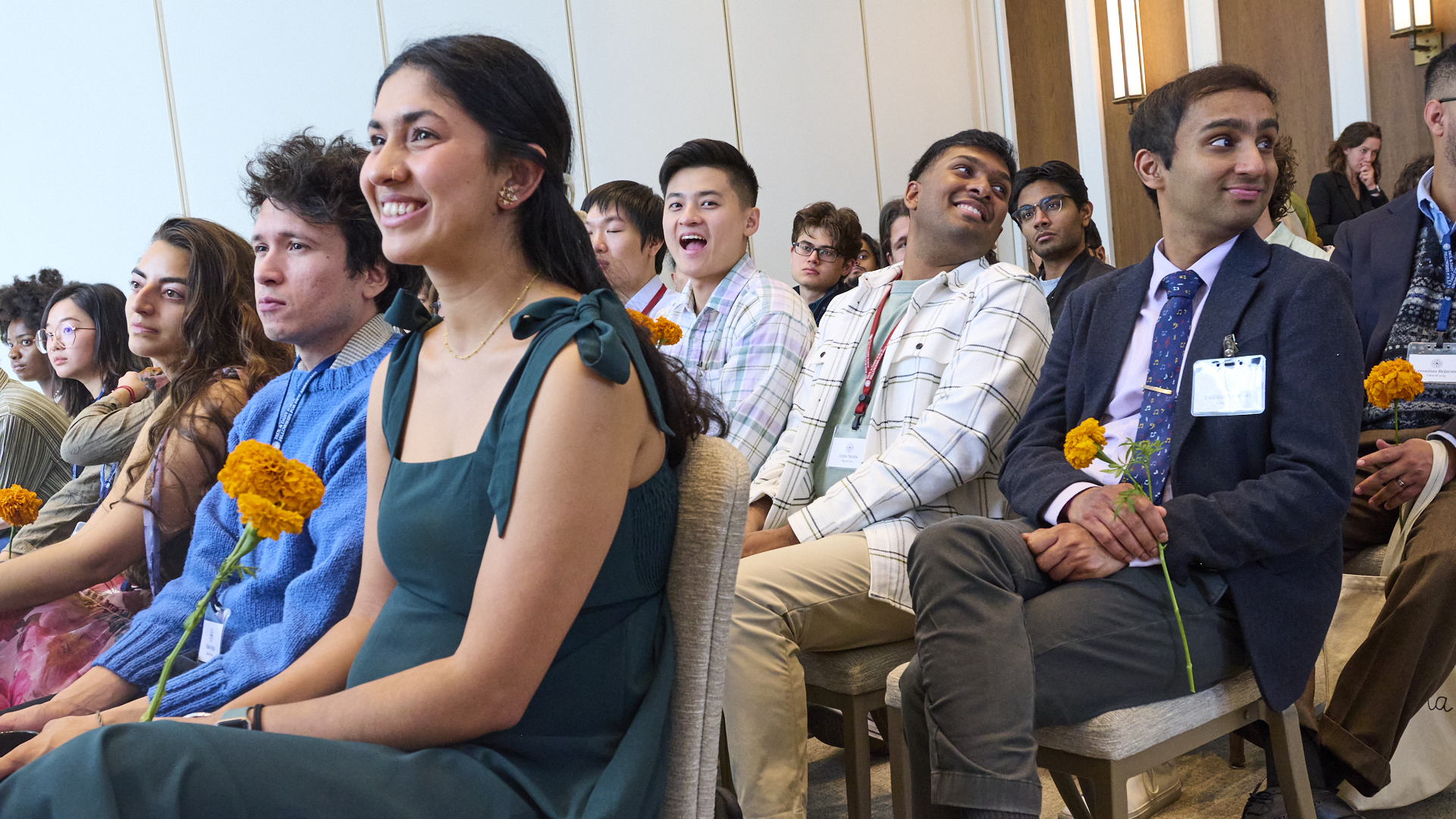 Read more: PD Soros Eligibility Guide for PhD Applicants
Read more: PD Soros Eligibility Guide for PhD Applicants- Applicant Information
PD Soros Eligibility Guide for PhD Applicants
-
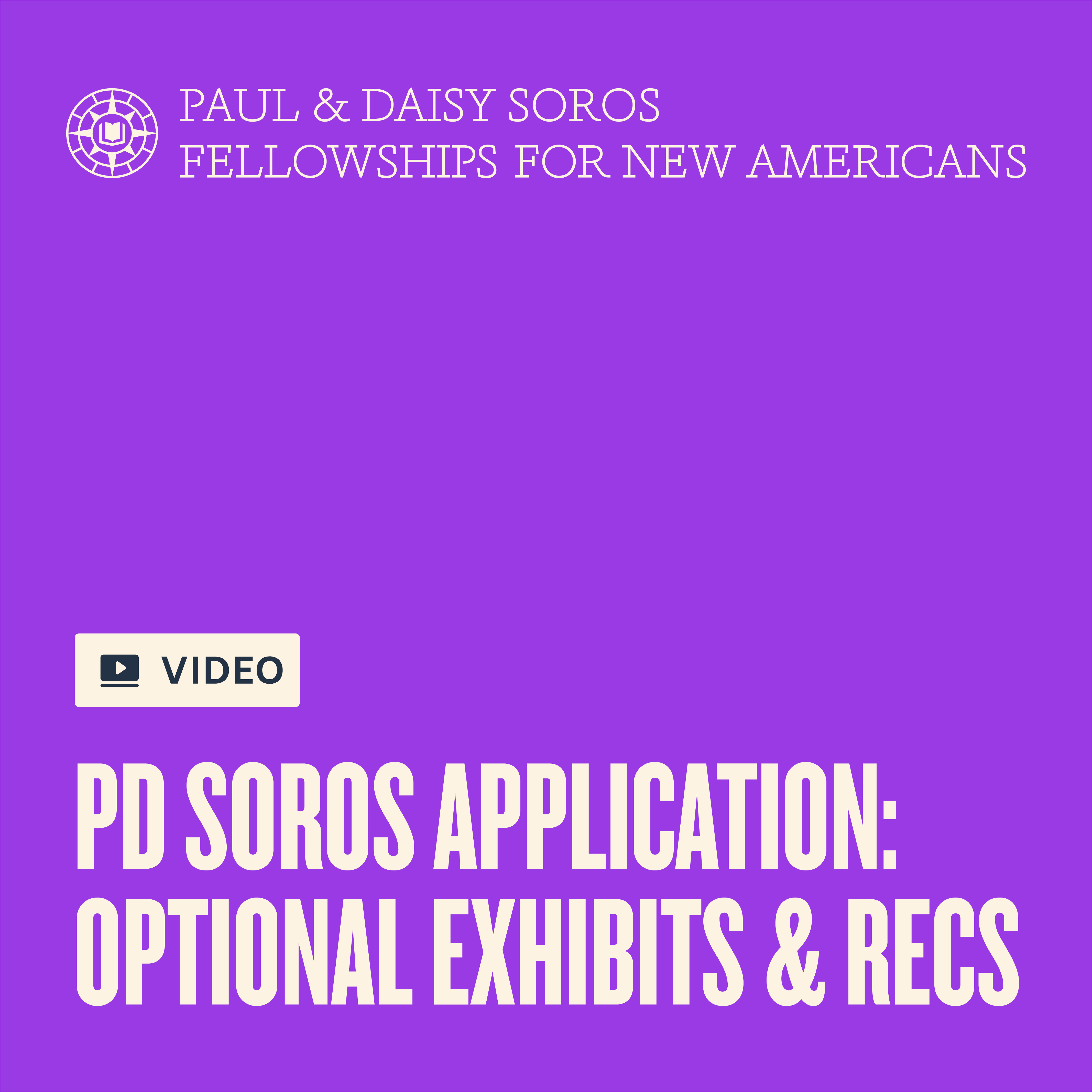 Read more: Watch: Optional Exhibits & Recommendations
Read more: Watch: Optional Exhibits & Recommendations- 2025 Information Sessions
Watch: Optional Exhibits & Recommendations
-
 Read more: Watch: Essay Writing information session
Read more: Watch: Essay Writing information session- 2025 Information Sessions
Watch: Essay Writing information session
